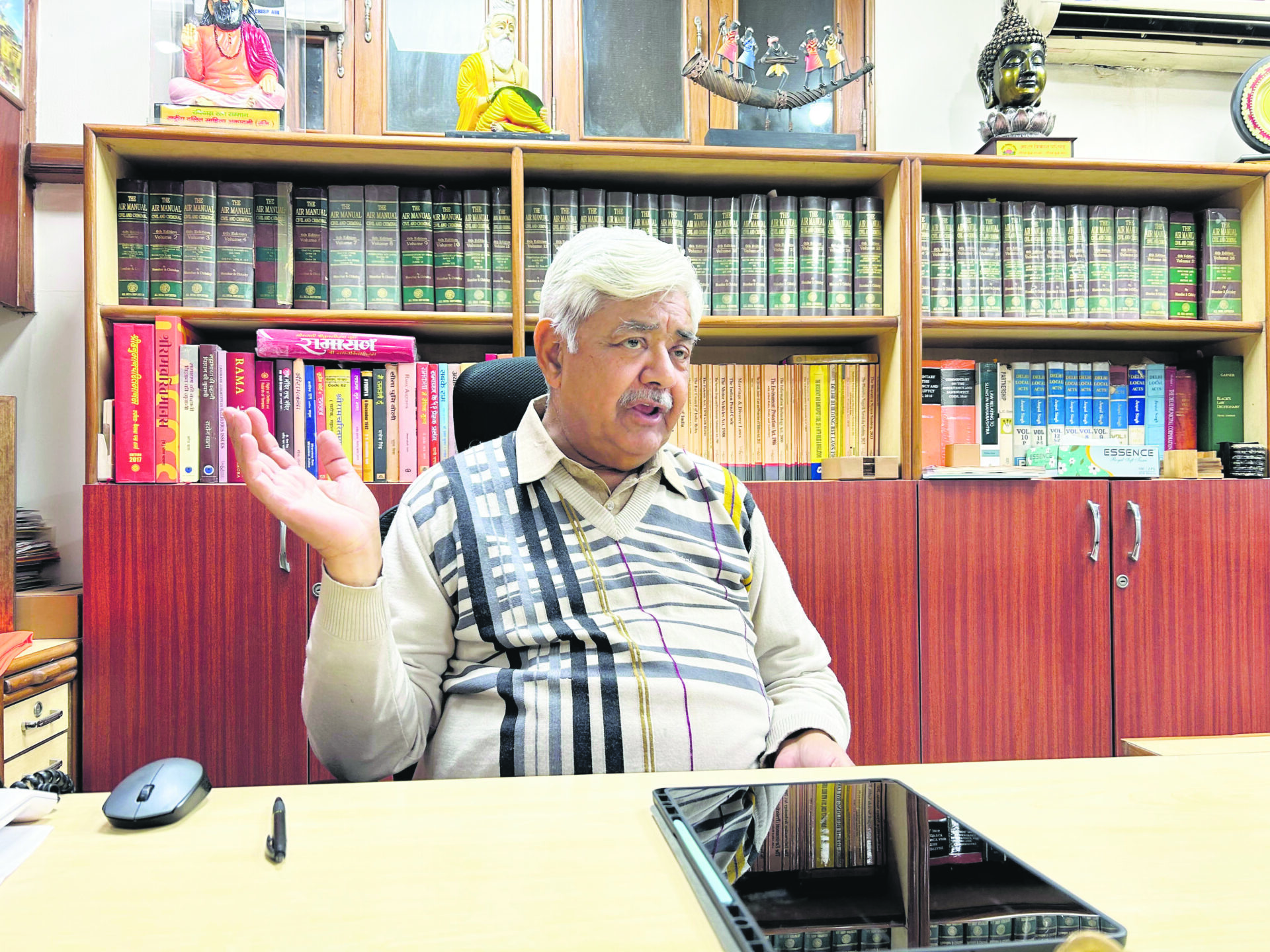VHP working president Alok Kumar spoke to The Sunday Guardian about the high and lows of the long Ram Temple movement and how satisfying it is to be part of a journey that will culminate in the inauguration of a grand Ram Temple in Ayodhya. Excerpts:
Q: What are the first thoughts that cross your mind over the eagerly awaited consecration ceremony at the Ram Temple in Ayodhya on 22 January?
A: It is a very emotional moment. It looks like a dream coming true. We had never thought that we would be able to see the Ram Temple’s completion in our lifetime. We, as kar sevaks in the 1990s, have seen many highs and lows during the movement and this is the most comforting outcome of the challenging journey.
Q: What are your memories of the 6 December 1992 incidents in Ayodhya?
A: It was an unplanned incident that took place in Ayodhya as the kar sevaks, who had gathered for symbolic kar seva, went out of control. Information took a lot of time to reach Delhi on that afternoon and I was myself present at the RSS office in Jhandewalan. There was a shadow of remorse over the kar sevaks going out of control and going beyond their brief, but in the larger frame of things it was a significant development for the cause.
Q: What is the significance of the Ram Temple movement for today
A: Remaining attached with Ram for the rest of their lives will be the biggest contribution from the young generation to the Ram Janmabhoomi movement as the centuries-old cause is close to the milestone of the consecration ceremony at the temple in Ayodhya. The young generation need not go through the history or the frenzy of the movement experienced by us in those times. Our purpose will be achieved if the young generation sticks to Ram.
Q: How do you see the political slugfest over the invitation for the consecration event?
A: Some people in the Congress say that the I.N.D.I. Alliance parties have handed over the entire celebration to the Sangh Parivar by their decision to decline the invitation sent by Shri Ram Janmabhoomi Teerth Kshetra Trust for the 22 January event.
First, we decided to invite the Prime Minister and equally so the Leader of the Opposition, the president of the BJP and the presidents of all other major parties. So, therefore, the Trust decided to be even-handed, forgetting the past, forgetting the 1990s and the kar seva, forgetting the affidavit that was given (claiming that Ram does not exist)…we did not raise these issues and invited all of them. But if they do not come and only level allegations, then probably the allegations are not true.
Q: Are there political compulsions behind some parties’ decision to stay away?
A: I am anguished by the language used by some parties. I saw a report saying “Congress declines invitation”. What sort of a language is this? Such a language is representative of the decline of the Congress party. There should be some decency of using proper language which the Congress does not show. Samajwadi Party chief Akhilesh Yadav also expressed his inability to attend the Pran Pratishtha but he declined the invite by sending a letter in response and showed decency.
Q: Tell us about the ban slapped on some of the organisations linked to the Ram Temple movement?
A: After the Ayodhya incidents of 6 December 1992, when the RSS, Bajrang Dal and VHP were banned by the Union government in 1993, I, as an advocate, argued the case of RSS before the Tribunal, which absolved the Sangh of all the charges smacking of communalism.
The Tribunal had said that “by itself the Ram Janmabhoomi movement could be termed as laudable as far as Hindus are concerned. There is no legal ban on such organizations and associations in launching movements in respect of other holy places.”

